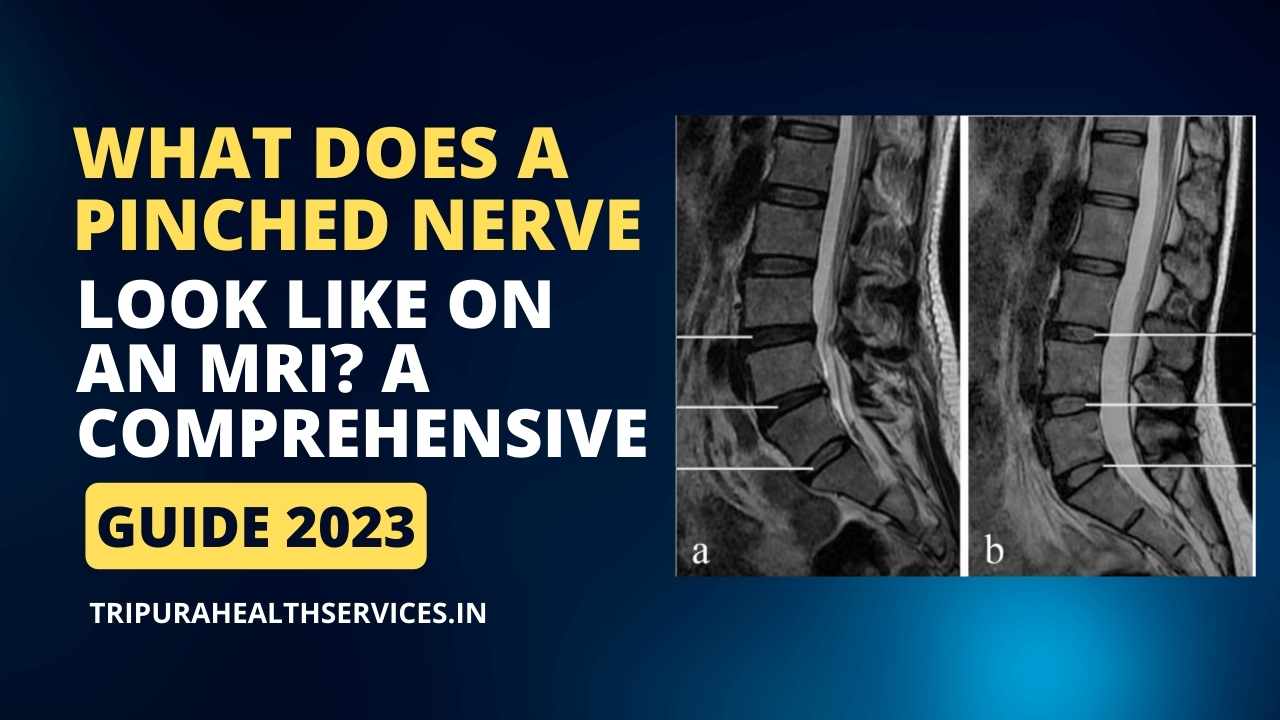How to Prove False Allegation Under POCSO Act

If you have been falsely accused of a crime under the Protection of Children from Sexual Offences (POCSO) Act, it is important to seek legal counsel and assistance to defend yourself against the allegations. Here we guide you on How to Prove False Allegation Under POCSO Act.
There are several steps you can take to prove that the allegations against you are false:
- Gather evidence: Collect any relevant evidence that may support your defense, such as witness statements, documents, photographs, or recordings.
- Hire a lawyer: It is important to have legal representation to help you navigate the criminal justice system and defend yourself against the allegations.
- Present your defense: Your lawyer will work with you to present your defense in court. This may include presenting evidence, cross-examining witnesses, and making legal arguments.
- Cooperate with the investigation: It is important to cooperate with the investigation and follow any legal procedures that are required.
It is important to remember that being falsely accused of a crime can be a traumatic and stressful experience. It may be helpful to seek support from family and friends and to seek counselling or other support services if needed.
About POCSO Act
The Protection of Children from Sexual Offences (POCSO) Act is a comprehensive law in India that was enacted in 2012 to protect children from sexual abuse and exploitation. The POCSO Act applies to all persons below the age of 18 and provides for the protection of children from the offences of sexual assault, sexual harassment, and pornography.
The POCSO Act defines sexual assault as any act by which sexual gratification, whether directly or indirectly, is obtained from a child. Sexual harassment includes any unwelcome physical, verbal, or non-verbal conduct of a sexual nature that is likely to occur or is occurring to a child. Pornography includes any representation, through publication, exhibition, cinematography, indecent show, or information technology, of a child engaged in any explicit sexual activity or any representation of the sexual parts of a child for the purpose of sexual gratification.
The POCSO Act provides for the establishment of Special Courts to try cases under the Act and to ensure the speedy disposal of cases. The Act also provides for the establishment of a National Commission for Protection of Child Rights (NCPCR) and State Commissions for Protection of Child Rights (SCPCR) to monitor the implementation of the Act and to review and coordinate the matters relating to the protection of the rights of children.
The POCSO Act provides for stringent punishment for the offences committed under the Act. The punishment may vary from imprisonment for a term not less than six months, which may extend to seven years, along with a fine, for the offence of sexual harassment, to imprisonment for a term not less than ten years, which may extend to imprisonment for life, along with a fine, for the offence of aggravated sexual assault.
Some other provisions of the Protection of Children from Sexual Offences (POCSO) Act include:
- The Act provides for the protection of children from sexual offences both within and outside India.
- The Act prohibits the disclosure of the identity of a child who is the victim of a sexual offence.
- The Act provides for the establishment of Special Juvenile Police Units (SJPUs) to investigate offences under the Act and to provide support to children who are victims of sexual offences.
- The Act provides for the establishment of Special Homes to provide care, protection, and rehabilitation to children who are victims of sexual offences.
- The Act provides for the establishment of Child Welfare Committees (CWCs) to provide support and assistance to children who are victims of sexual offences.
- The Act provides for the establishment of a National Level and State Level Monitoring Committee to monitor the implementation of the Act.
- The Act provides for the establishment of a National and State Level Council for Child Rights to advise the government on matters relating to the protection of the rights of children.
- The Act provides for the establishment of a National and State Level Child Protection Society to coordinate and support the implementation of the Act.

What Happen when you find Guilty in POCSO Act
If you are found guilty of a crime under the Protection of Children from Sexual Offences (POCSO) Act, you may be subject to the punishments provided for under the Act. The punishment for an offence under the POCSO Act may vary depending on the nature and severity of the offence.
Some possible punishments for offences under the POCSO Act include:
- Imprisonment: The Act provides for imprisonment for a term not less than six months, which may extend to seven years, along with a fine, for the offence of sexual harassment. The Act also provides for imprisonment for a term not less than ten years, which may extend to imprisonment for life, along with a fine, for the offence of aggravated sexual assault.
- Fine: The Act provides for a fine to be imposed in addition to imprisonment for certain offences. The amount of the fine may vary depending on the nature and severity of the offence.
- Rehabilitation: The Act provides for the establishment of Special Homes to provide care, protection, and rehabilitation to children who are victims of sexual offences. If you are found guilty of a sexual offence under the POCSO Act, you may be required to undergo rehabilitation as part of your punishment.
- Community Service: The Act provides for the possibility of community service as a punishment for certain offences. If you are found guilty of an offence under the POCSO Act, you may be required to perform community service as part of your punishment.
- Compensation: The Act provides for the possibility of compensation to be paid to the victim or the victim’s family in certain cases. If you are found guilty of an offence under the POCSO Act, you may be required to pay compensation to the victim or the victim’s family as part of your punishment.
I hope this information is helpful. If you have any further questions or need more assistance, I suggest seeking legal counsel for guidance.






